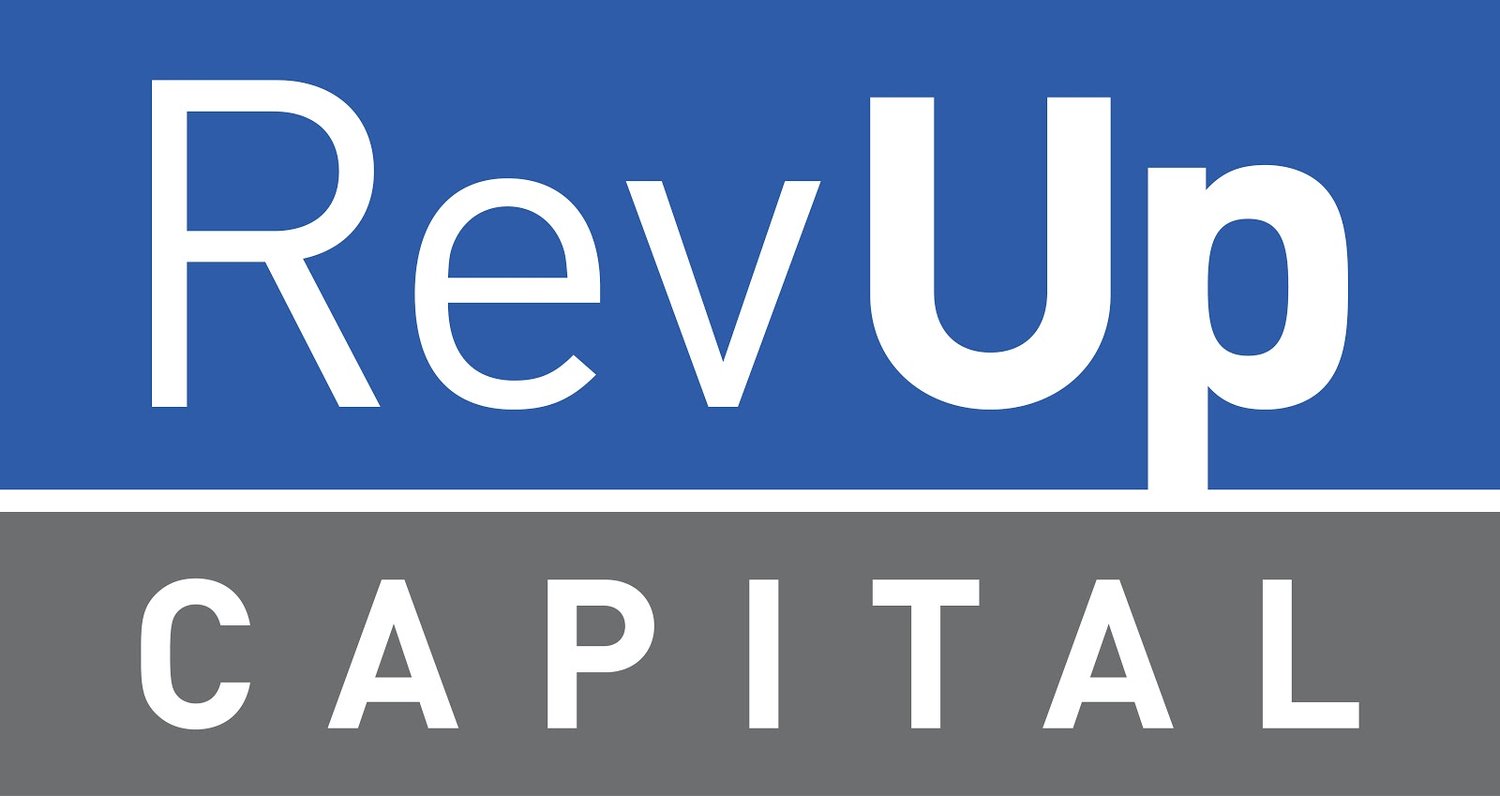Data Room or Dumpster Fire?
Are you sloppy or deceptive? That is NOT the question you want anyone asking about you or your company on the eve of a potential transaction.
From housekeeper to waitress, my on-the-job training in the service industry is an inextricable part of my DNA. Twenty years on and my work habits still reflect this training: Start what you finish. Mind the details. Keep your tools organized. Clean as you go.
I recently spoke on a panel about data room hygiene. Soon after, a reporter asked me about “data transparency” in investor decision making. Simultaneously, several companies in our portfolio were thrust into transactions where data sharing was paramount to success.
Was data room hygiene a topic that really needed to be discussed? Do some people not lose sleep over an untidy “workstation” the way I do?
Yep.
Hard stop: This isn’t a founder “laziness” or intelligence issue. Some of the hardest working, sharpest founders I know have made data hygiene missteps. My own organization has fallen behind on housekeeping in favor of more urgent activities.
So, with more sense of urgency than condemnation, here is the TLDR version of what I said on that panel, told the reporter, and hammered into those poor founders heads:
Broken spreadsheets and out-of-date documents are toxic waste that founders cannot afford to accumulate.
Having your foundational documents neatly and easily shareable isn’t just about fundraising. That data is also used to sign a strategic partner, prep for a board meeting, or sometimes save the day. A founder I know recently lost her cofounder when he passed away unexpectedly. You cannot imagine the data and documents she needed—immediately—to cope.
Messy, hard-to-parse data can easily be mistaken for an intentional lack of transparency. Are you sloppy or deceptive? That is NOT the question you want anyone asking about you or your company on the eve of a potential transaction.
Above all, cleaning up a mess is harder and slower than cleaning as you go. When your data room doubles as a Superfund Site, it can take days of remediation to successfully leverage your data…time you don’t have when a moment of opportunity or crisis presents itself.
As an investor and mentor to founders, many of them first time, it’s on me to help make clear why this work is worth doing, and doing it proactively. Here’s the guidance I most often dish out:
Don’t let perfection be the enemy of the good when it comes to a data room. Aim for current, accurate and organized.
Beware “punch lists” that describe every possible thing that might be a data room. If you don’t have something on that list, it’s possible you haven’t reached a stage of maturity where that item is necessary or relevant.
Don’t circulate half baked or “rough cut” assets to check boxes on aforementioned punch lists. If it’s not authentic and accurate, it won’t hold up to analysis.
Know when you’ve outgrown Google Drive and should move to a platform built for this purpose. There are affordable solutions on the market.
If you’ve read this far then I hope you’ll appreciate the human context around this topic.
All the administrative hygiene in the world won’t make your company a success. I can be practical and tactical to a fault. My impulse to neatly problem solve can preempt my patience to listen and learn. In the context of big swing innovation, I’m more of a doer than a dreamer, and that has its own limitations.
So, fret not if data hygiene isn’t your love language. Just find someone who takes pride in keeping a tidy workstation and ask them to help you. And maybe sooner rather than later.
Godspeed.
RevUp Capital Managing Partner Melissa Withers is a bullish advocate for innovating the ways in which new companies are funded and supported.
Beyond building new economic models for early stage investing, Melissa is also committed to directing more entrepreneurial funding to those underserved and overlooked by traditional VC.
More About RevUp Capital
RevUp Capital invests in B2B and B2C companies that are revenue-driven and ready to double down on growth. We deploy cash and capacity to help companies grow from $1-3M to $10-30M, quickly and efficiently, using a revenue-based model. Companies enter our portfolio with $500K-$3M in revenue, a strong growth rate, and a team that’s ready to scale. Our typical investment range is $300K-$500K.
We invest into a company's market-facing activity using a cash and capacity model. We pair our cash investment with dedicated support from the RevUp Growth Platform: a powerful resource to build a data-driven growth engine, delivered by people who get the work done. Rather than take equity, companies return investment through a small percentage of revenue over time. More at www.revupfund.com

